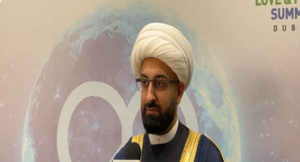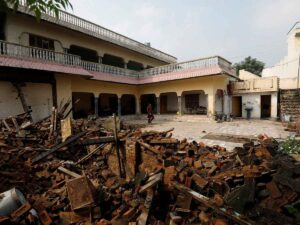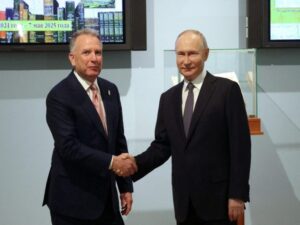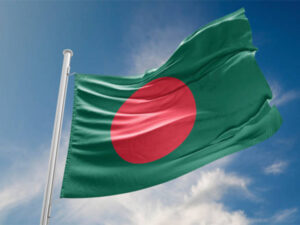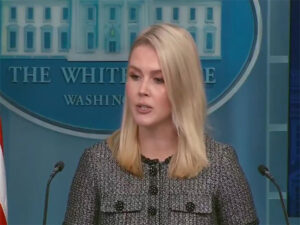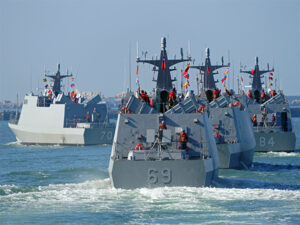Pakistan: Military intervention in politics has been a long-standing tradition, says report
Islamabad [Pakistan], January 12 (ANI): The military’s intervention in Pakistan’s politics has been a long-standing tradition, starting from the former army chief General Pervez Musharraf upto the current general Asim Munir. The Pakistan army has had an impact on the rise and fall of political leaders, parties and ultimately the economy, according to a Policy Research Group (POREG) report.
In actual sense, General Qamar Javed Bajwa was doing what had been the trend passed on from his predecessors, aiming to bring down political parties like Pakistan People’s Party (PPP) and Pakistan Muslim League- Nawaz (PML-N), replacing them with smaller parties that could be easily controlled, according to the POREG report. Pakistan’s Former Prime Minister Imran Khan initially became the instrument of army rule.
A man with close to no political experience to lead a hybrid regime. Through this Bajwa became the de facto premier and positioned his confidantes across the political and economic spectrum, persuading Imran Khan to accept publicly that they were all on the same page, the POREG report claimed. And Bajwa also cleared his way to remain in power and as a result, the media of Pakistan was silenced along with the civil rights activists of the country. And it was this time that Pakistan’s economy dipped, according to the POREG report.
The POREG report further claims that soon Khan turned the situation around challenging Bajwa on key decisions, playing behind his back, courting his Generals and whipping up a poisonous campaign against the army. As a result, Khan was quickly removed from the prime minister’s seat. However, Khan’s removal from power proved to be more harmful as he quickly whipped up an anti-army tirade across the country, creating treacherous divisions within people and the military.
The army leadership was withered by the campaign, forcing the ISI chief to come out in public to threaten distractors into silence, although it was in vain, As reported by the POREG report. Musharraf originally conceived started this political intervention in regime change as he was long sceptical of PPP leader Benazir Bhutto and had supported PMLN leader Nawaz Sharif.
The POREG report further claims when Sharif chose to strike an independent course of action, especially regarding Pakistan’s relationship with India, Musharraf was quick to remove him and initiated the grand plan to paralyse the two main political parties.
Ultimately Musharaf had to flee the country because of public outrage and his place was taken by General Ashfaq Kayani and General Raheel Sharif put into place. And at the end it was General Sharif and his Rawalpindi Corps Commander, Lt. General Bajwa, who ultimately brought Khan into power.

